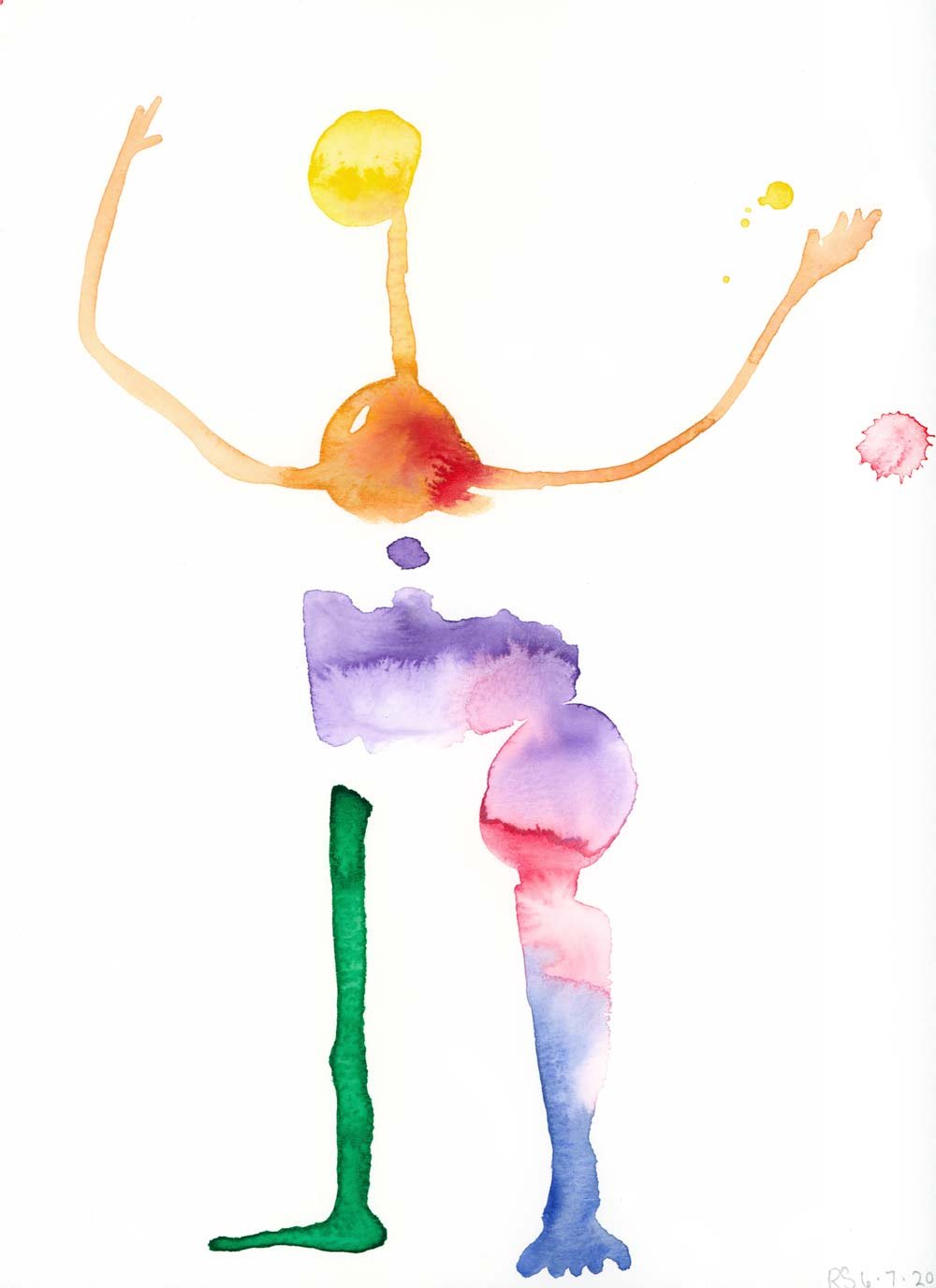Inclining toward Justice
“I do not pretend to understand the moral universe. The arc is a long one. My eye reaches but little ways. I cannot calculate the curve and complete the figure by experience of sight. I can divine it by conscience. And from what I see I am sure it bends toward justice.”
— Theodore Parker
We enter the third week of world-wide protest against racism and police violence, in the midst of a pandemic which so disproportionately impacts black and indigenous people. The theme of compassion continues to sustain me as I listen and learn. I am thinking also of the principle of ahimsa, non-harming, or non-violence. And, the fiery heat of transformation, or tapas. All three arrive in my mind with a sense of intensity, persistence, and uplift.
These are uncomfortable times. And it is for these times that I have been training: to anchor and soothe enough, so that I can press on with the work of waking up. Within discomfort, within uncertainty, within a liminal space where I do not know how things will go, I want to be awake. Quieting enough to hear the wise and brilliant voices I have not heard before. Quieting enough to hear my inner resonance and adjustments and growth. Calming enough to endure, to be patient for the long haul, uphill. Tender-hearted still, though a warrior-like quality of dedicated courage is required. Can we hold all these things in balance — non-harming, compassion, fearlessness, transformation? I believe we can.
May we find clarity and bravery as we wake up, to nurture the capacity to meet our beloved world with tender hearts inclined toward justice.
Notes & Inspirations
The quote that opens this page is from a sermon by the abolitionist preacher, Theodore Parker, which he delivered in 1853. Martin Luther King’s oft-quoted speech about the arc of the moral universe drew from this sermon. Mychal Denzel Smith writes that Parkers’s statement contains an uncertainty which is implicit in King’s, but is lost by distance from its original context. Parker’s “uncertainty about the moral universe is what makes his strong faith a necessity. For Parker, there is no guarantee, that he sees clearly, of the moral universe doing as he wishes. It is only through his own conscience, and thereby his own actions, that justice will be achieved.”
“All adults need to learn to sooth and anchor themselves rather than expect or demand that others soothe them. And all adults need to heal and grow up.”
– From My Grandmother’s Hands: Racialized Trauma and the Pathway to Mending Our Hearts and Bodies by Menakem Resmaa. (Thanks to Bryonie Wise for this quote.)
Read “The Case for Reparations,” from Ta-Nehisi Coates’ brilliant 2014 essay in The Atlantic, as it provides exhaustive historical context for the contemporary situation.
“When communities are confronted by both resilient structural violence and attacks on their bodies, violent responses will occur...Protesters in the US are signalling that enough is enough.”
– The Nelson Mandela Foundation’s statement, “Enough! Black Lives Matter.“
”...if inequality is not addressed through peaceful means and peaceful Democratic institutions, it’s always potentially a source of violence.”
Thomas Picketty, the 2015 Nelson Mandela Annual Lecture.
Books at the top of my reading list, and some additional resources here, in last week’s post.
